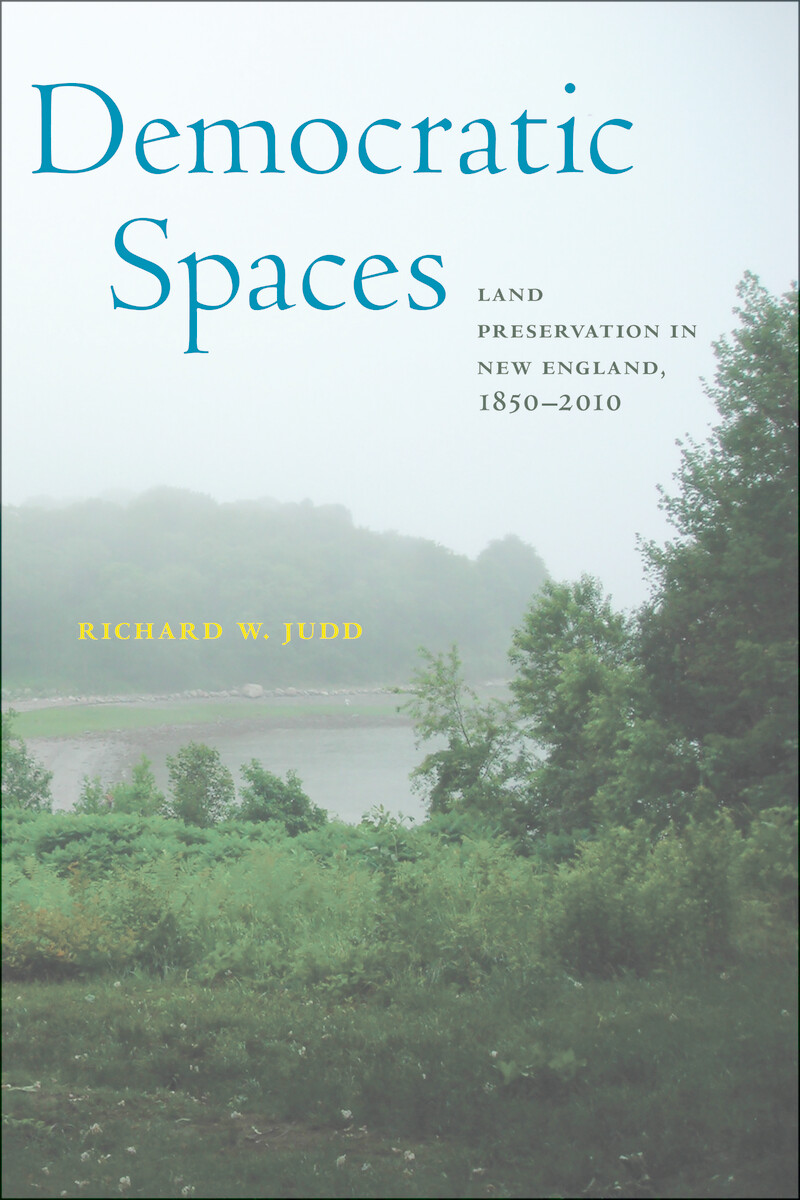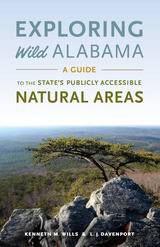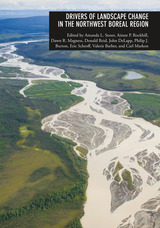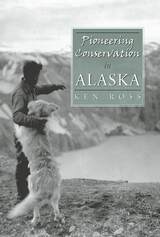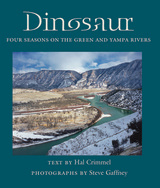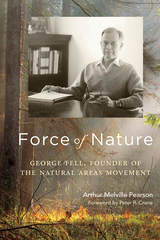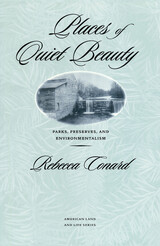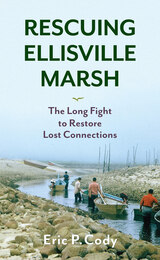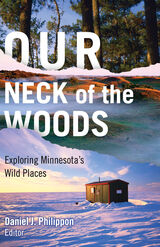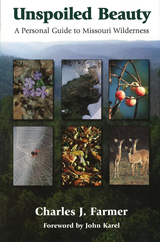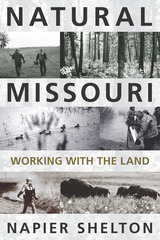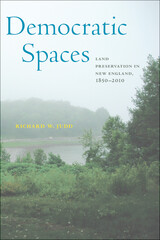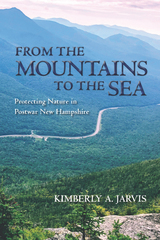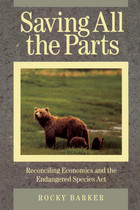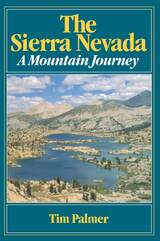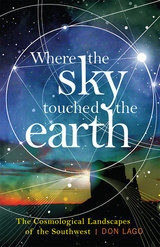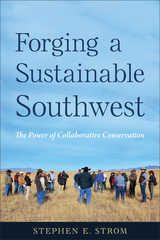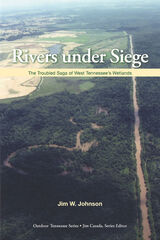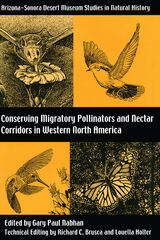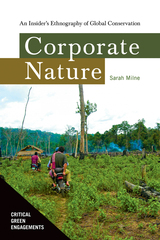eISBN: 978-1-68575-038-1 | Cloth: 978-1-62534-758-9 | Paper: 978-1-62534-757-2
Library of Congress Classification QH76.5.N45
Dewey Decimal Classification 508.74
A contemporary map of New England, scaled to the township level, brings to light a dense pattern of protected areas ringing almost every town and city in the region. Big and small, rural and urban, these green spaces represent more than a century of preservation efforts on the part of philanthropic foundations, planning professionals, state agencies, and most importantly, community-based conservation organizations. Taken together, they highlight one of the most significant advances in land stewardship in US history.
Democratic Spaces explains how these protected places came into being and what they represent for New Englanders and the nation at large. While early New Englanders worked to save local fish, timber, and game resources from outside exploitation, no land-stewardship organizations existed before the founding of the Trustees of Public Reservations in Boston in 1891. Across a century of dramatic change, New England preservationists through this and other, smaller community-based land trusts preserved open spaces for an ever-widening circle of citizens.
See other books on: Judd, Richard W. | Natural areas | Nature conservation | New England | New England (CT, MA, ME, NH, RI, VT)
See other titles from University of Massachusetts Press
